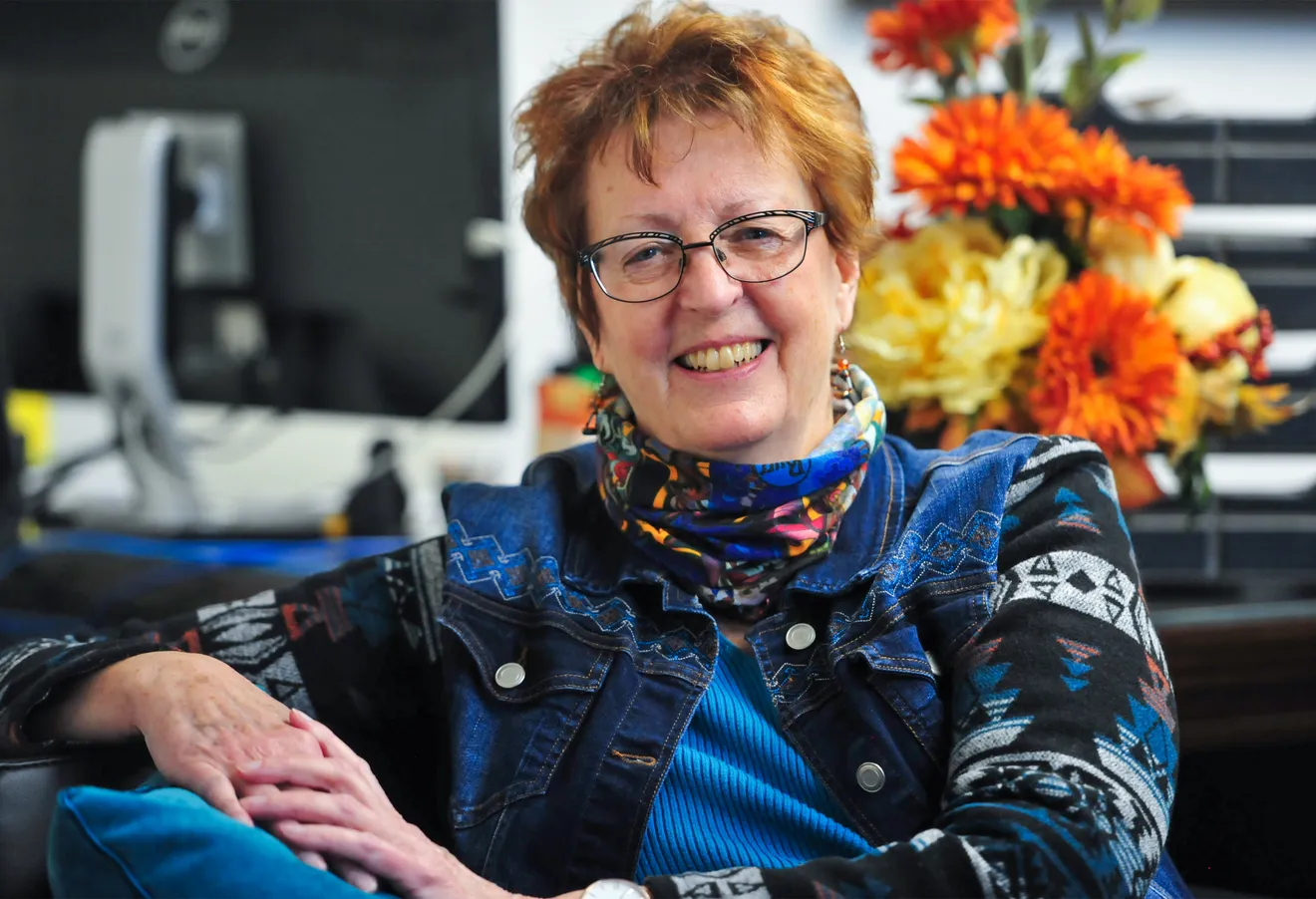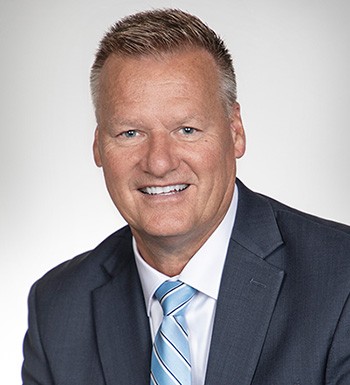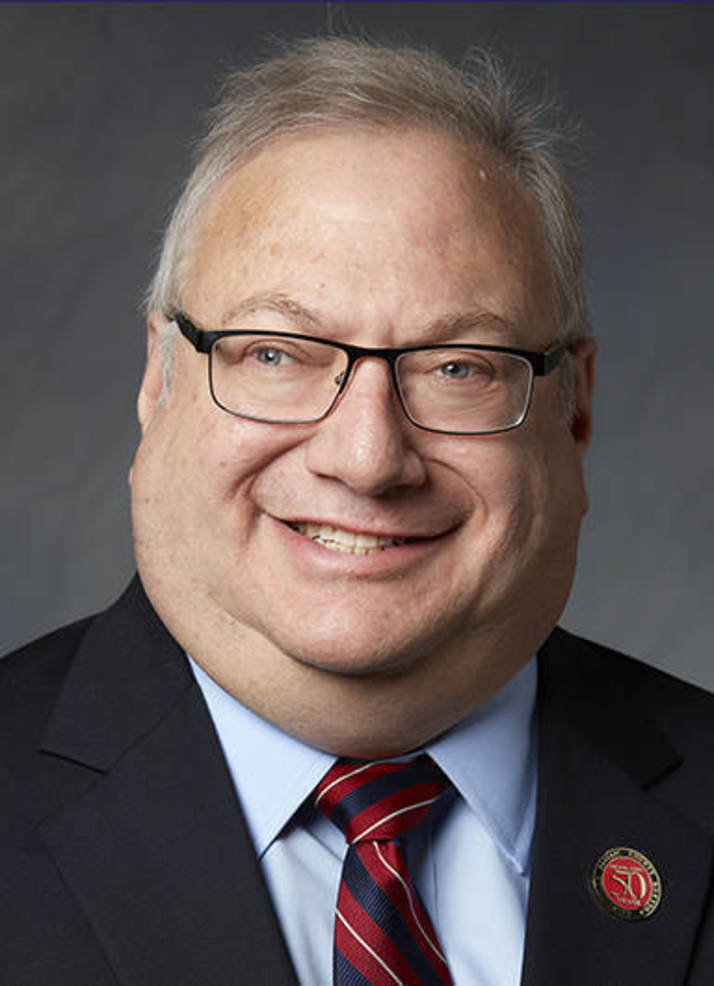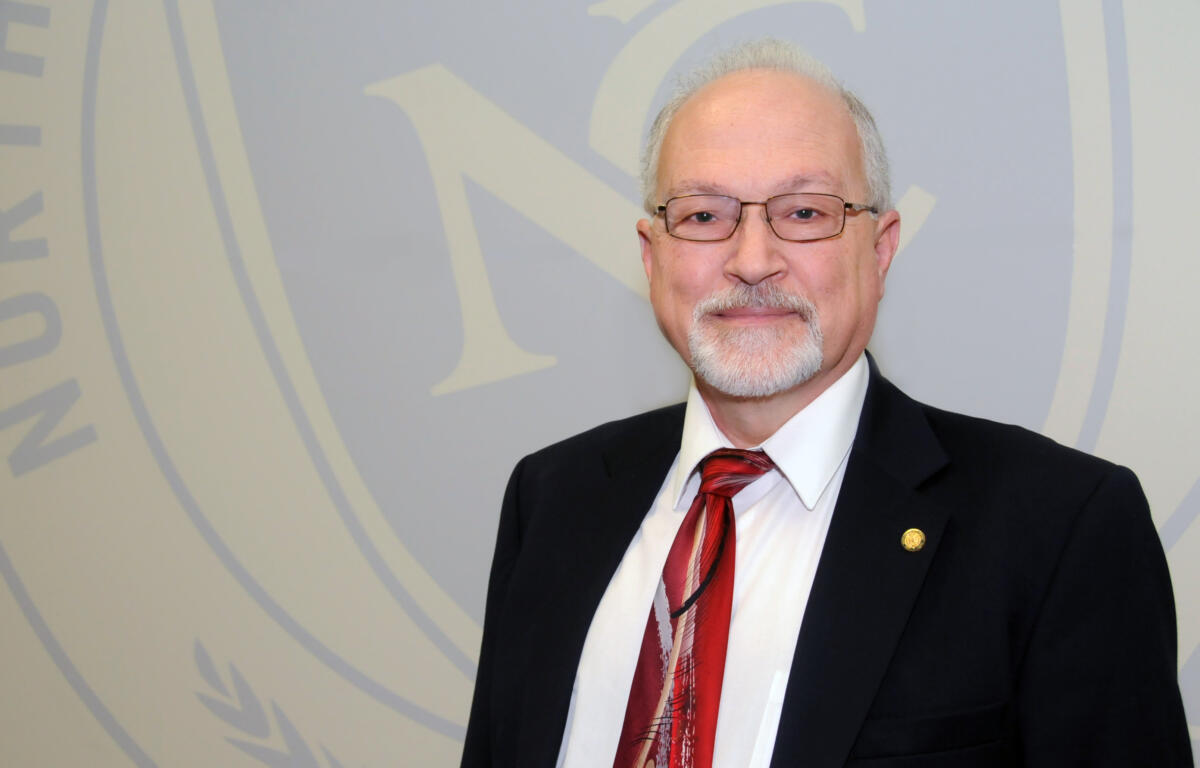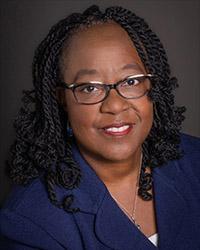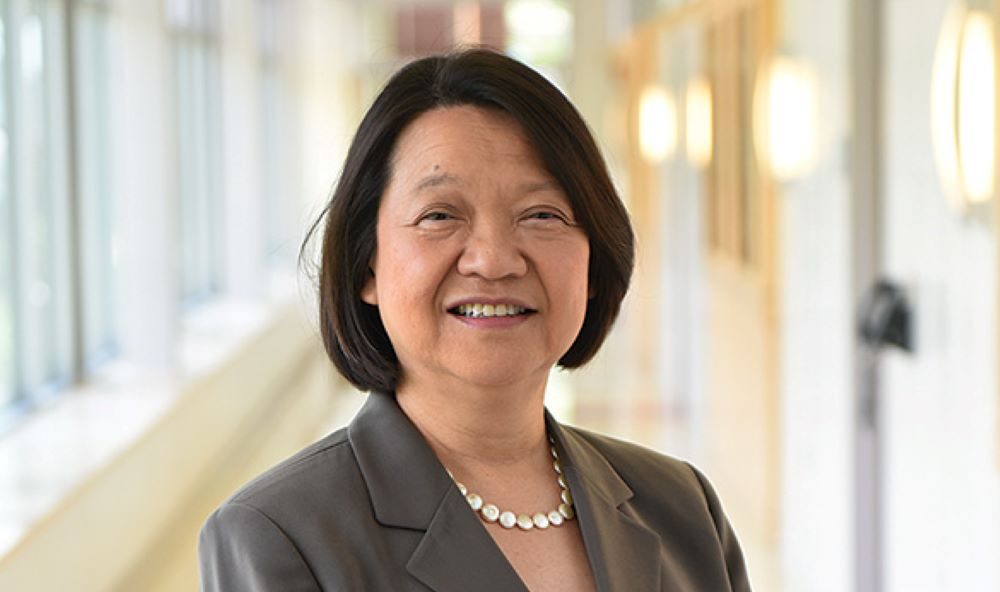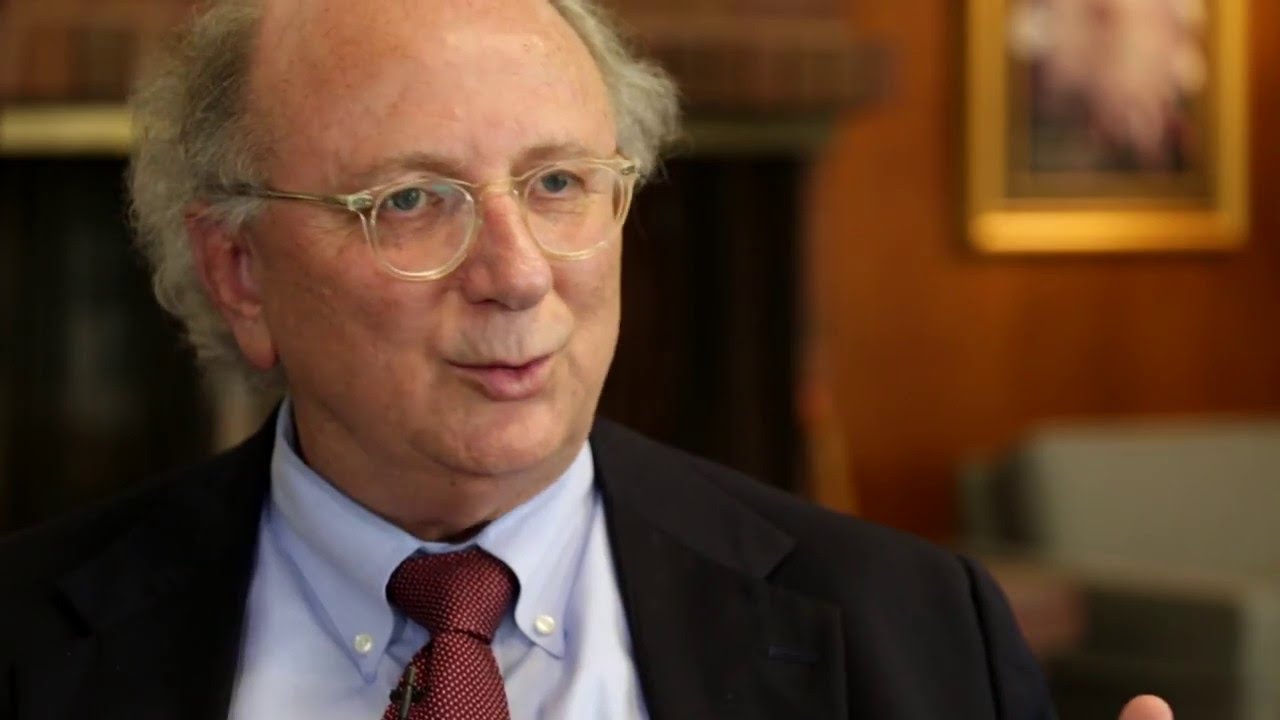In this podcast series, community college presidents discuss the impact that TAACCCT—the U.S. Department of Labor’s Trade Adjustment Assistance Community College and Career Training grant program—has had on their colleges. Engaged, passionate leaders with strong vision have been especially successful in engaging partners and creating lasting programs that respond to the needs of the local economy. This series explores the leadership mindset and strategic approach that a few community college presidents have taken to scale and sustain the impact of TAACCCT at their institutions.
Over 700 colleges were funded through TAACCCT grants in four rounds that span 2011-2018. Grants were designed to help community colleges and other eligible institutions of higher education expand and improve their ability to deliver education and career training programs that can be completed in two years or less. The grants support colleges in retraining dislocated workers and other adults for employment in high-wage, high-skill occupations.
Susan Wolff, Dean and CEO of Great Falls College, a community college that is part of the Montana State University system, describes using the TAACCCT grant to create systematic change that can be sustained and outlive the grants.
Download full transcript. | Download audio file.
Bryan Albrecht, President of Gateway Technical College in Wisconsin, describes how the college has used the TAACCCT grant to invest in student success by expanding pathways and developing comprehensive supports for students.
Download full transcript. | Download audio file.
Steve Rose, president of Passaic County Community College in New Jersey, discusses exerting leadership to create cultural change at his institution. Rose also describes how TAACCCT has enabled the creation of the Northeast Resiiency Consortium, which focuses on preparing colleges and workers for rapidly changing economic and other conditions.
Download full transcript. | Download audio file.
Dorey Diab, President of North Central State College in Ohio, describes how the TAACCCT grant enabled the creation of the Advanced Manufacturing Mechatronics and Quality Consortium, which is unique in that it’s not a regional or state consortium but instead is made up of colleges from around the country. The college also used the TAACCCT grant to find new ways to engage employers and community partners to help dislocated workers.
Download full transcript. | Download audio file.
Annette Parker, president of South Central College in Minnesota, describes how she engaged fellow college presidents, business leaders, and legislators in developing a shared vision that aligns college programs with the manufacturing sector across the state and embeds new models to create access and flexibility to improve student success.
Download full transcript. | Download audio file.
Pam Eddinger, president of Bunker Hill Community College in Boston, discusses how she fostered a culture of innovation and openness to change at her college and how the TAACCCT grant allowed Bunker Hill to scale and sustain numerous initiatives.
Download full transcript. | Download audio file.
Dale Chapman, president of Lewis & Clark Community College in Illinois, discusses how the TAACCCT grant enabled the creation of a consortium of colleges to produce the Mississippi River Transportation, Distribution and Logistics Consortium, which is training workers in communities up and down the river for jobs in shipping and related industries.
Download full transcript. | Download audio file.

